Angela Merkel's memoirs reflect on her tenure as German chancellor, detailing interactions with global leaders like Putin, Obama and Trump, and her thoughts on Brexit.
In her memoirs released on Tuesday, former German Chancellor Angela Merkel reflects on Vladimir Putin’s “power plays” over the years, recounts contrasting encounters with Barack Obama and Donald Trump, and wonders if she could have done more to avert Brexit,
Merkel, 70, seems to have little hesitation about the pivotal decisions she made during her historic 16-year tenure as the leader of one of Europe's key economic and political powers, which included navigating global financial woes, Europe’s debt turmoil, the 2015-2016 refugee crisis, and the COVID-19 pandemic.
Her book titled Freedom provides a straightforward narrative of her early years in communist East Germany and her subsequent political career, interspersed with instances of dry humour.
Merkel recalls being kept waiting by Putin at the Group of Eight summit she hosted in 2007: “If there’s one thing I can’t stand, it’s unpunctuality.” She recounts a visit to the Russian Black Sea resort of Sochi that year in which Putin’s labrador appeared during a photo opportunity, although the Russian knew full well she was afraid of dogs.
Putin seemed to relish the moment, she notes, and she chose not to address it — adhering, as she often did, to the principle of “never explain, never complain”.
The year before, she recalls Putin gesturing toward wooden houses in Siberia, remarking that impoverished people lived there who “could be easily swayed”.
Amidst Ukraine’s 2004 Orange Revolution against electoral fraud, Putin, she adds, declared: “I will never permit anything like that in Russia.”
Merkel served alongside four US presidents, four French presidents, five British prime ministers and eight Italian premiers.
Merkel concluded after the first meeting with then-Senator Barack Obama in 2008 that they could work well together. More than eight years later, during his last visit as president in November 2016, she was one of the people with whom she discussed whether to seek a fourth term.
Obama, she says, asked questions but held back with an opinion, and that in itself was helpful. "Obama said that Europe could still use me very well, but I should ultimately follow my feelings,” she writes.
There was no such warmth with Donald Trump, who had criticized Merkel and Germany in his 2016 campaign. Merkel says she had to seek an “adequate relationship ... without reacting to all the provocations.”
In March 2017, there was an awkward moment when Merkel first visited the Trump White House.
Photographers shouted “handshake,” and Merkel quietly asked Trump: “Do you want to have a handshake?” There was no response from Trump, who looked ahead with his hands clasped.
Merkel says she tried to help then-UK Prime Minister David Cameron in the European Union as he faced pressure from British eurosceptics, but there were limits to what she could do. And, pointing to Cameron’s efforts over the years to assuage opponents of the EU, she says the road to Brexit is a textbook example of what can arise from a miscalculation.
After Britons voted to leave the EU in 2016, an outcome she calls a “humiliation” for its other members, she says the question of whether she should have made more concessions to the UK “tortured me”.
Merkel was the first German chancellor to leave power at a time of her choosing. She announced in 2018 that she wouldn’t seek a fifth term and said she “let go at the right point.”
She points to three 2019 incidents in which her body shook during public engagements as proof.
Merkel says she had herself checked thoroughly, and there were no neurological or other findings. An osteopath told her that her body was letting off the tension it had accumulated over the years, she adds.
Freedom runs to over 700 pages in its original German edition, published by Kiepenheuer & Witsch. The English edition is being released simultaneously by St Martin’s Press.

 4 months ago
38
4 months ago
38
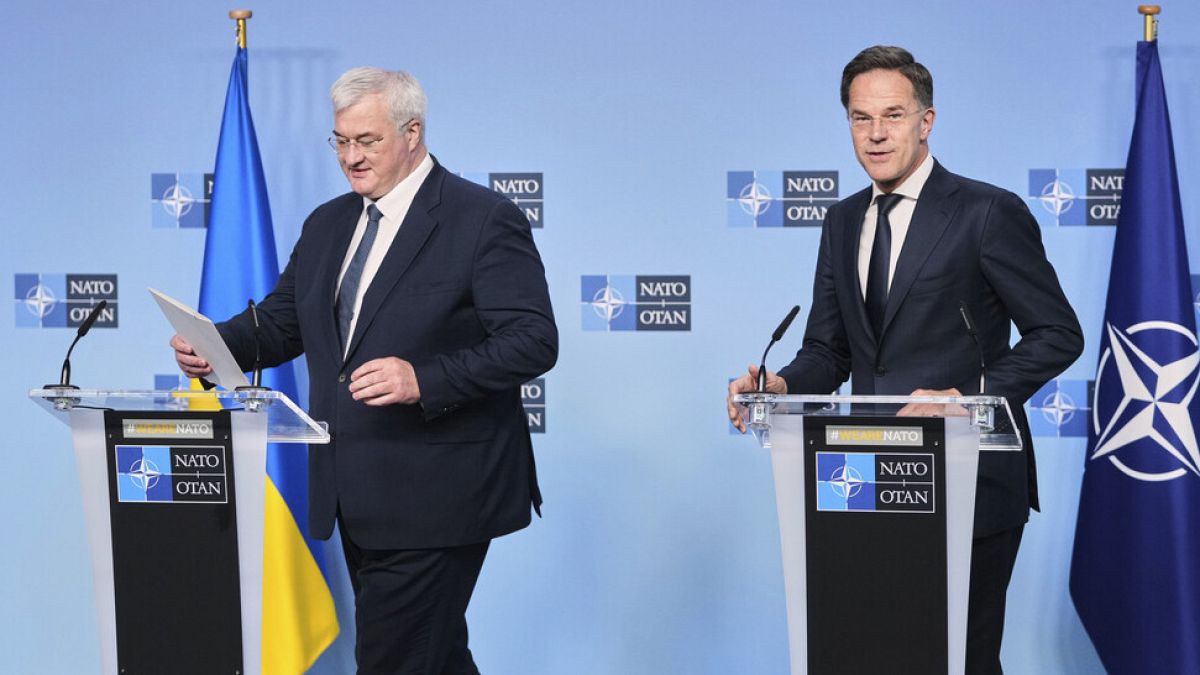
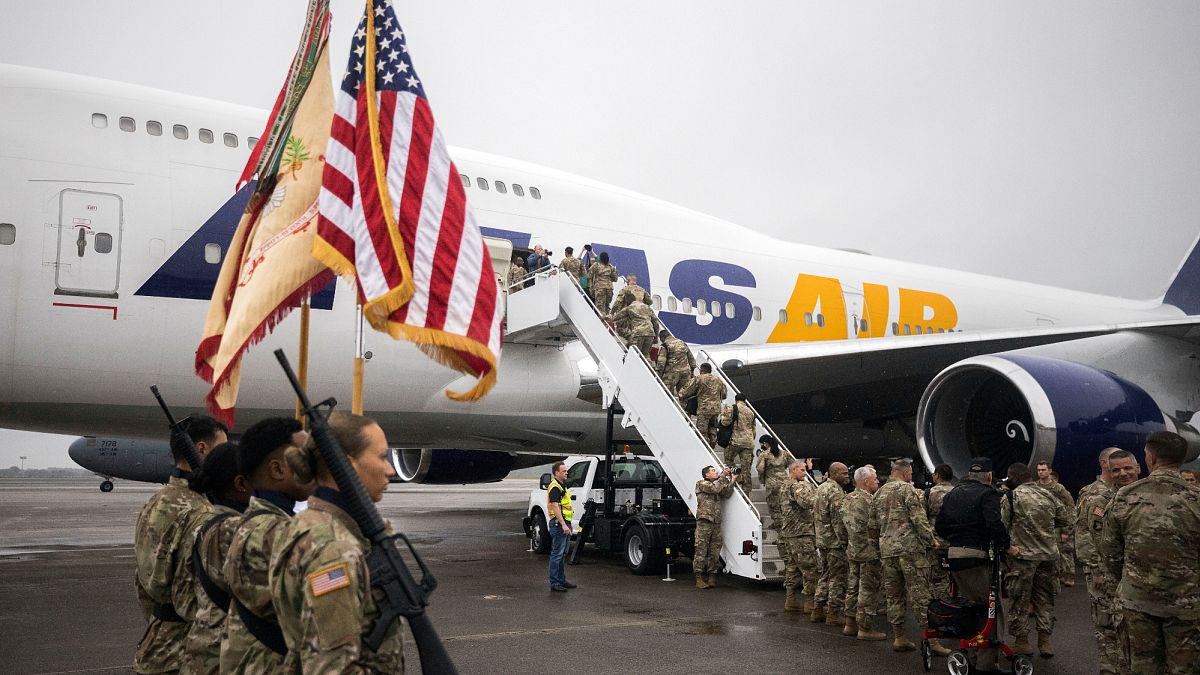
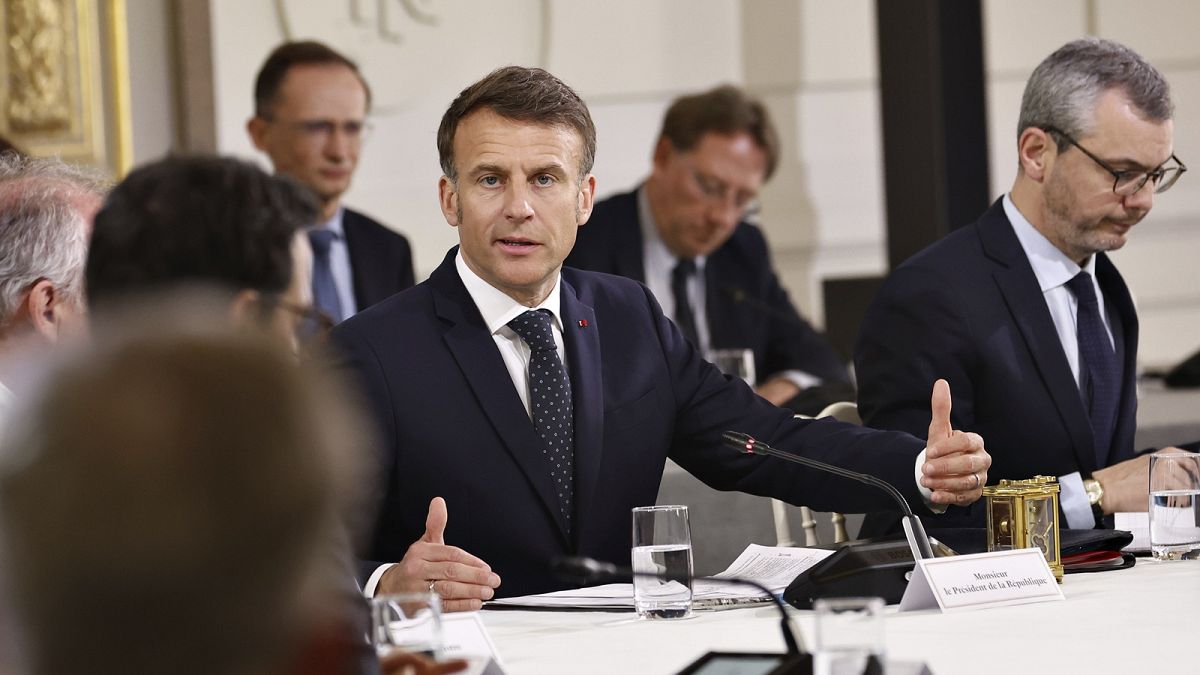
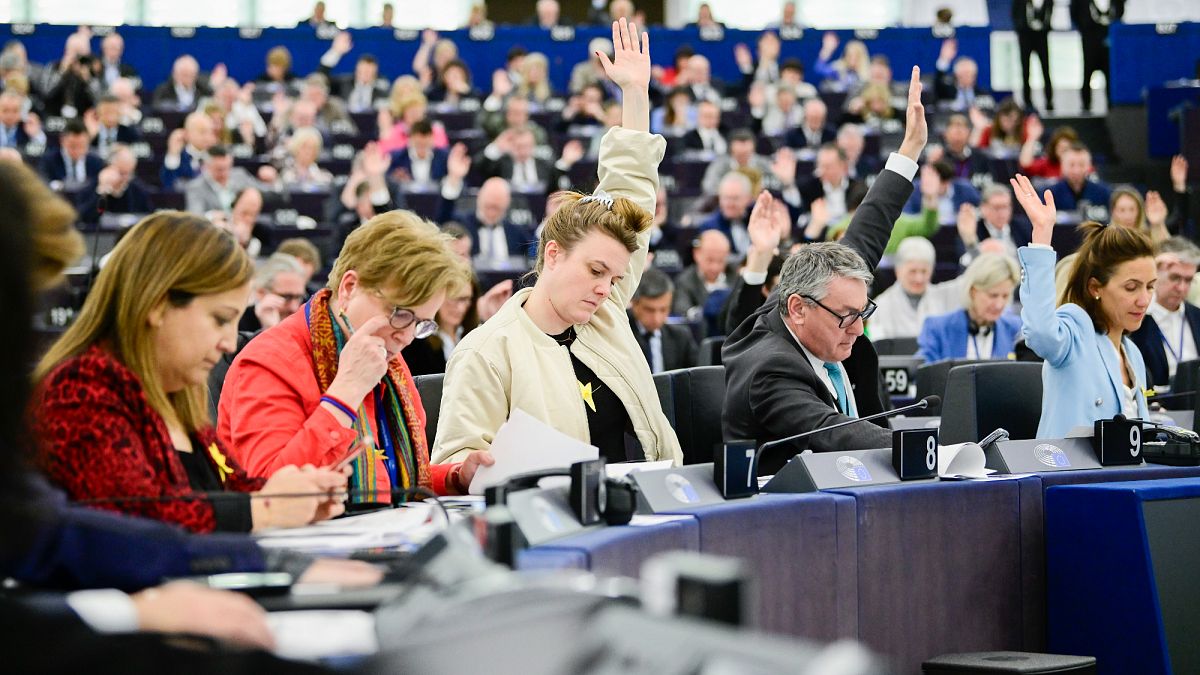
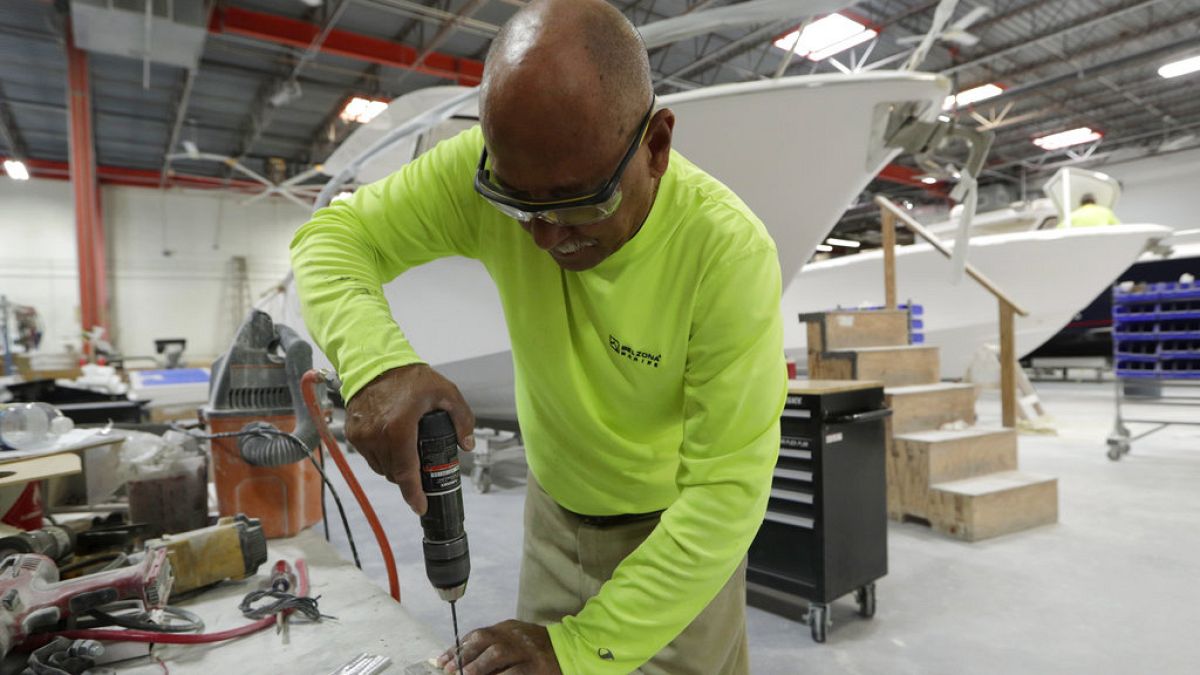
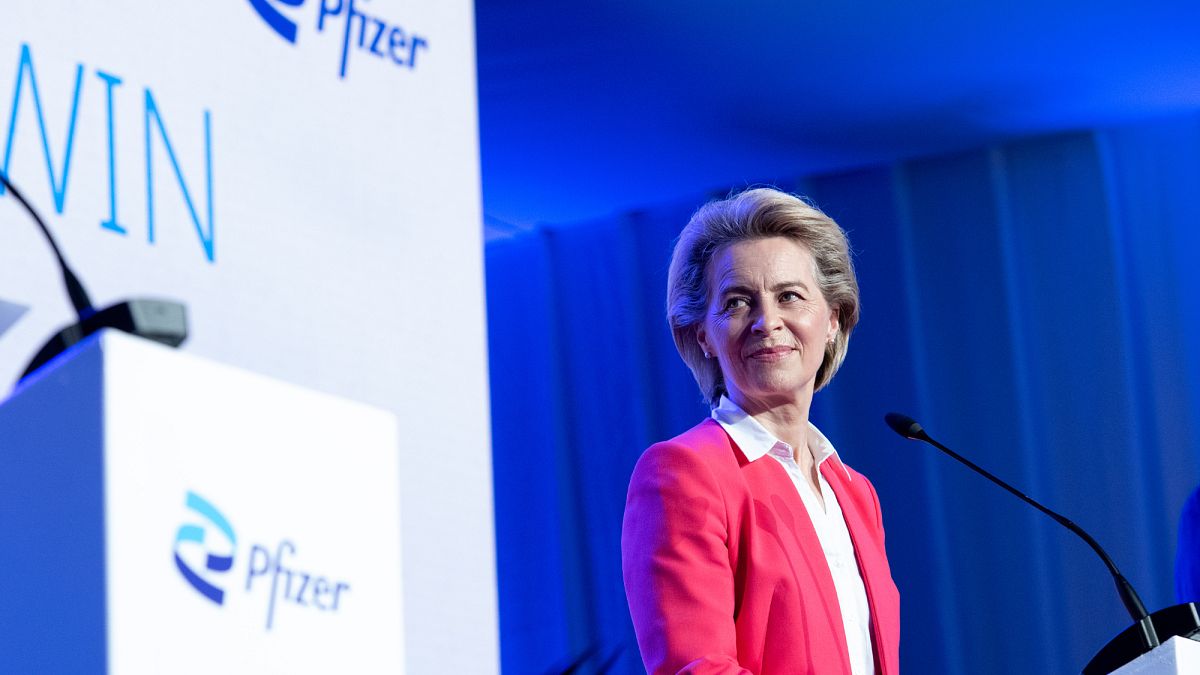
 We deliver critical software at unparalleled value and speed to help your business thrive
We deliver critical software at unparalleled value and speed to help your business thrive






 English (US) ·
English (US) ·